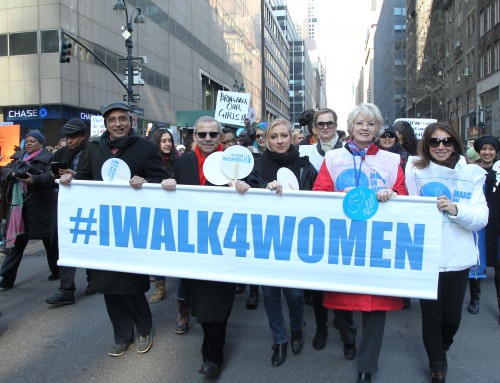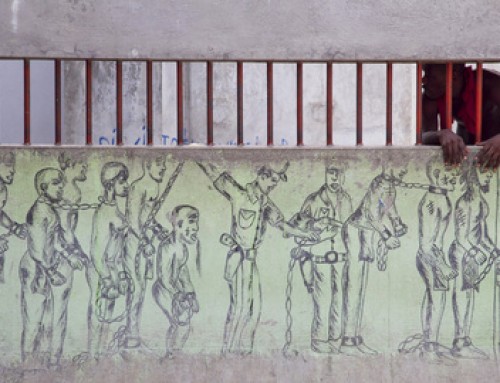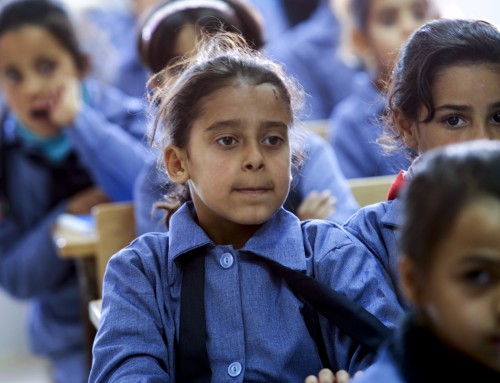Project Description
Finland, due to historical reasons, has two parallel institutions serving ombudsman functions. Both the Chancellor of Justice of the Government, appointed by the President of the Republic, and the Parliamentary Ombudsman elected by the Parliament act as supreme guardians of law. They exercise oversight of the courts and authorities, ensure compliance with the law, and safeguard the rights of citizens.
The below describes the ombudsman functions in Finland, as submitted by the Government of Finland:
Ombudsman as an institution is shaped differently in different countries and legal cultures. In many cases, these institutions follow the so-called Paris Principles relating to the Status of National Institutions and they also perform the role of the National Human Rights Institution of their respective countries. A common feature among them is that the Ombudsman function entails competence to promote and protect human rights. They may also have a monitoring role and they are easily accessible for citizens.
In Finland, there are for historical reasons two parallel institutions having ombudsman functions and both are acting as supreme guardians of law: the Chancellor of Justice of the Government, appointed by the President of the Republic, and the Parliamentary Ombudsman elected by the Parliament. The mandates, status and powers of the Chancellor of Justice and the Parliamentary Ombudsman are proscribed in the Finnish Constitution. These institutions are independent, which entails that they do not take any orders from outsiders, be that the Government or Parliament or any other actor.
The task of both institutions is to exercise oversight of the courts and authorities. They also ensure compliance with the law and safeguard the rights of citizens. These institutions promote uniform application of the law and they can highlight ambiguities in the legislation. They carry out their tasks through inspections and by examining complaints. The monitoring is accomplished by giving guidance and recommendations to the civil service, and in most extreme situations, by triggering prosecutions. They pay particular attention to the observance of fundamental rights and liberties as well as human rights. Observance of law by the civil service from top down when performing their functions is carried out by providing an informal, easily accessible, cost-free and lawyer-free channel for the citizens.
In the daily work, there are some differences in the tasks of these organs. The Chancellor of Justice supervises the legality of the decision-making of the Cabinet of Ministers. He has the task of overseeing the legality of the Government’s actions. The Parliamentary Ombudsman who monitors the closed institutions, such as prisons and mental health institutions, forms part of the Finnish National Human Rights Institution, together with the newly established Human Rights Center and the Delegation of Human Rights, where the Office of the Chancellor of Justice is also represented.
As stipulated in the Constitution, the Chancellor and Ombudsman have unlimited access to all public offices, premises and documents despite their confidentiality status.
Based on the complaints made by the citizens or on the basis of their own monitoring visits or initiatives, the Chancellor and Ombudsman can give guidelines or recommendations, propose compensation or issue reprimands to the public servant concerned. They can also propose amendments to legislation or administrative decrees, take initiatives for training of civil servants, resourcing or re-organizing public service etc. The Chancellor and Ombudsman can even order charges to be brought against a public official in cases where serious misconduct in office is suspected. The media coverage often strengthens the messages transmitted by the actions of these two institutions.
Due to the two-tier system, practical arrangements and rules have been agreed upon between the two institutions in order to avoid duplication of work. In principle, a complaint can be made either to the Chancellor of Justice or the Ombudsman. The Ombudsman and the Chancellor of Justice do not investigate a matter at the same time.
The issues which the Chancellor and the Ombudsman deal with cover all sectors of the Finnish public service and accordingly, the spectrum of different issues is vast. Certain themes repeat themselves, such as citizens’ complaints concerning the fundamental right to legal safety. Other recurring themes are the right to have one’s case handled without undue delay and to have a reasoned decision in a court of law or from an administrative authority in a reasonable time. Access to public documents has also been an issue or a lack of reply to queries directed to authorities. Sometimes the problem is unwarranted release of confidential information.
Standard of elderly care at senior citizens’ institutions or the rights of a child in their different aspects have been such issues that both the Chancellor and the Parliamentary Ombudsman have brought up on their own initiative, among others the right to equality and safety in education or access to mental health services and resources of the child care. The treatment of those who have lost their liberty such as inmates, foreigners without documentation or mental health patients has a particular focus in the Parliamentary Ombudsman’s inspection work.
In addition to the Parliamentary Ombudsman, Ombudsman functions are exercised by the Ombudsman for Non-Discrimination, Ombudsman for Children, and Ombudsman for Gender Equality whose competencies are based on particular legislation proscribing their respective mandates, tasks and powers.
Finland made at the 2012 High Level Meeting of the General Assembly on the Rule of Law a voluntary pledge to engage in a multi-year programme to support Central Asian states to strengthen the rule of law. Within this framework, Finland supports the Strengthening Rule of Law and Human Rights to Empower People in Tajikistan Project implemented by the UNDP. This project focuses on capacity building of the Ombudsman office in Tajikistan.





